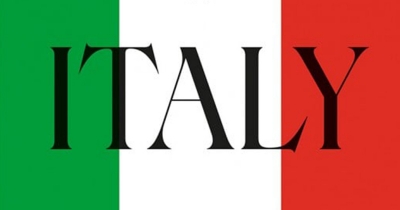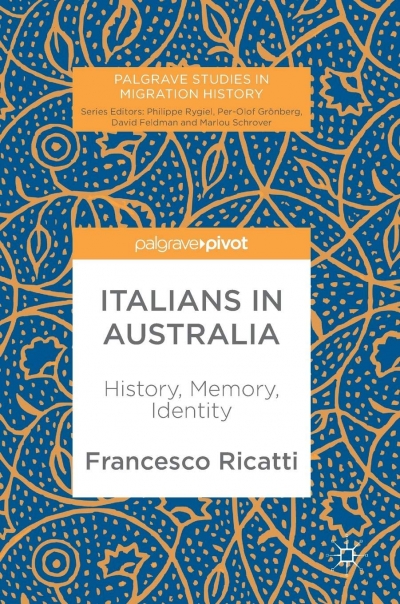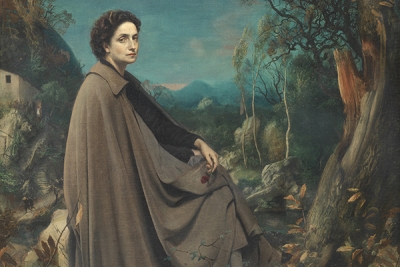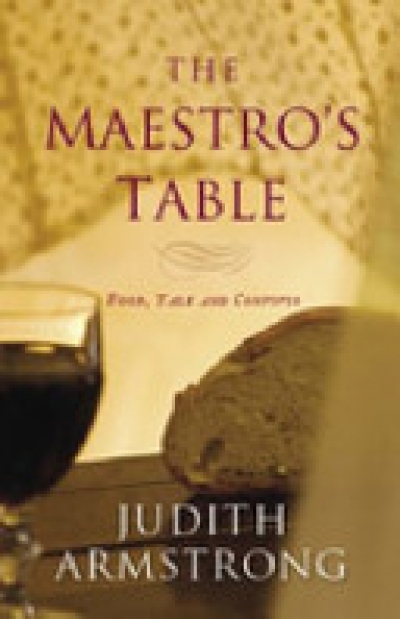Italy
My Brilliant Friend: The Story of the Lost Child
In 1994, Italian photographer Massimo Vitali, seeking to understand the Italy which had swept Silvio Berlusconi’s Forza Italia (FI) comprehensively into power, took his camera to the beach at Marina di Pietrasanta ‘to see who the Italians were … [and] to understand their attitudes … at that precise moment in history’. In 2022, Italian politics returns to the beaches for a campagna balneare (a seaside campaign) conducted in a summer atmosphere of crisis when most Italians are taking their annual vacation.
... (read more)Italians in Australia: History, memory, identity by Francesco Ricatti
A Window on Italy – The Corsini Collection: Masterpieces from Florence (Art Gallery of Western Australia)
The final week of February in Australia means, among other things, that another summer is almost over. Yet in contrast to the fleeting nature of lived experience, a new exhibition at the Art Gallery of Western Australia calls attention to the enduring power of art to capture and convey human passions ...
... (read more)









